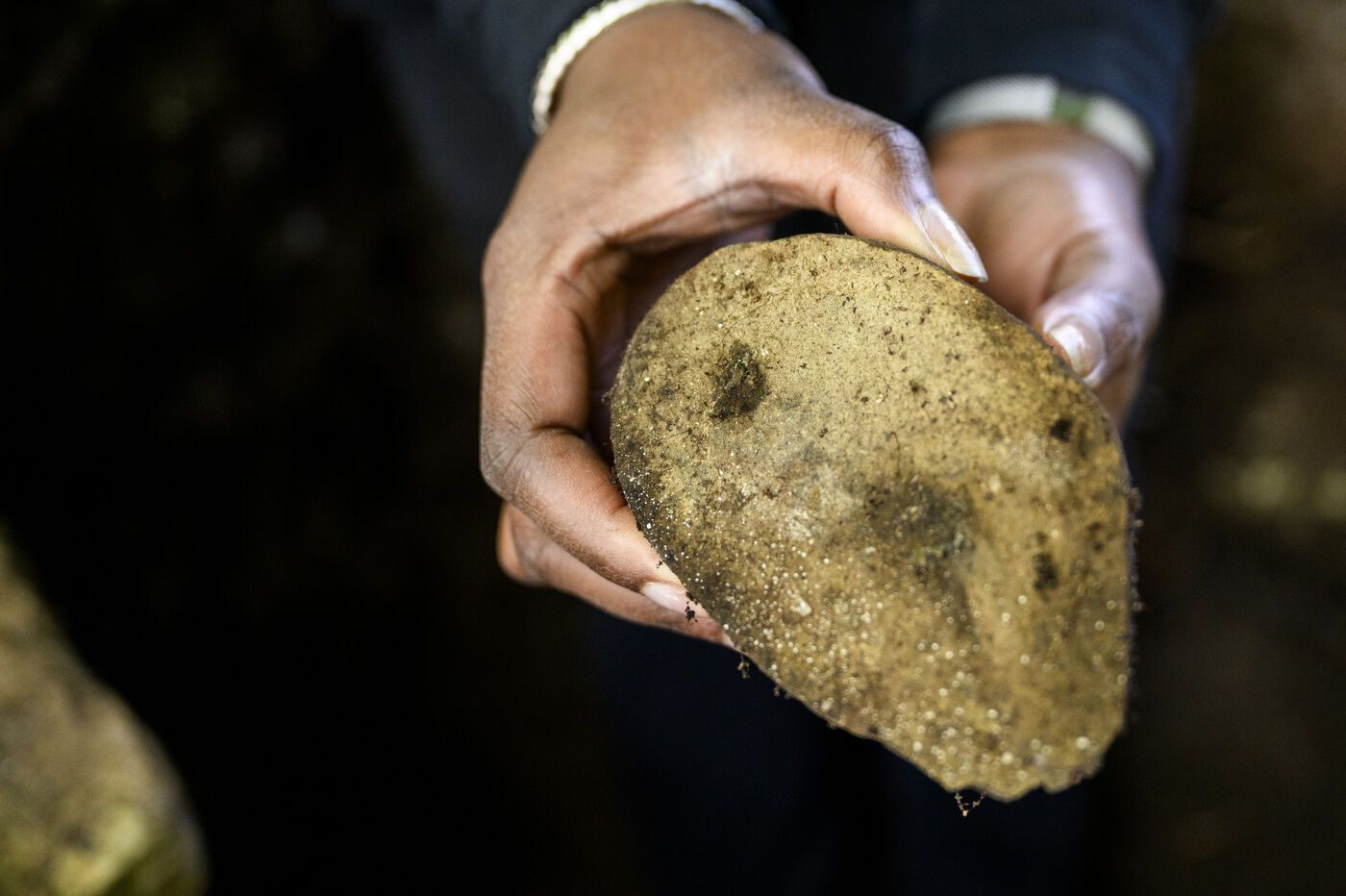News
Archaeologists discovered the homestead of "King" Pompey, one of the first black landowners of colonial New England. Photo
Archaeologists have uncovered the foundations of the home of "King" Pompey, an enslaved West African in Massachusetts who lived in the 18th century and became one of the first black landowners in colonial New England after gaining his freedom.
The discovery will help researchers better understand the holiday known as Negro Election Day, when enslaved and free black men voted for their own leader, who enacted laws and mediated disputes with the white community, Live Science writes.
In the New England region, some of the people transported across the Atlantic Ocean in the early 1700s were of African royal descent. They were brought to the area and forced to work in ports and on farms. In at least four colonies - Massachusetts, Connecticut, Rhode Island, and New Hampshire - enslaved Africans followed one of their customs: electing a leader known as "king" or "governor."
One of these leaders, Pompey, may have been born a prince in West Africa and arrived in Massachusetts as a slave in the early 1700s. Historical accounts indicate that he was a community leader, and held events for Election Day on his own property along the Saugus River north of Boston, which he acquired after emancipation.
"King Pompey was a respected leader in black communities, but his home and property have always been a mystery," Cabria Baumgartner, a historian at Northeastern University who is part of the research team looking for Pompey's home, said in a statement.
The researchers first analyzed historical property deeds to learn that Pompey purchased 0.8 hectares of land along the Saugus River in 1762, where he built a small stone building for himself and his wife. The team then compared historical maps and newspaper articles with modern topographic maps created using laser pulses fired from an airplane to narrow down the area of Pompey's home using specific landmarks.
Approximately 1.2 meters underground, the team came across a foundation made of hand-hewn river rocks that matched descriptions in historical records. "The big find was a hand-carved pebble foundation. I'm sure it's a foundation from the 1700s, and anything that points to this being the home of King Pompey is very compelling," Megan Howie, an archaeologist at the University of New Hampshire who is part of the research team, said in a statement.
Researchers are not sure exactly when Pompey was elected king, but historical records indicate that he served in that position on several occasions in the 1750s, until then he held election day in his own home.
Concurrent with election day in the colonies for white male proprietors, in the mid-eighteenth century, black New Englanders gathered to elect community leaders and maintain ties to each other and to their African cultural heritage. The festival, which could last up to a week, included music, dancing, singing, and games. Participants wore fancy clothes - often mimicking the clothes of white people - ate special foods, such as gingerbread, and had parades.
In 2022, the Massachusetts legislature established the third Saturday in July annually as Negro Election Day, continuing a tradition that began more than 280 years ago.
Only verified information from us in Telegram-channel OBOZ.UA and Viber. Do not fall for fakes!































